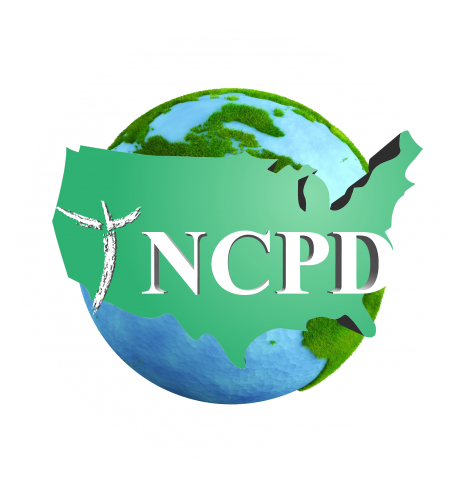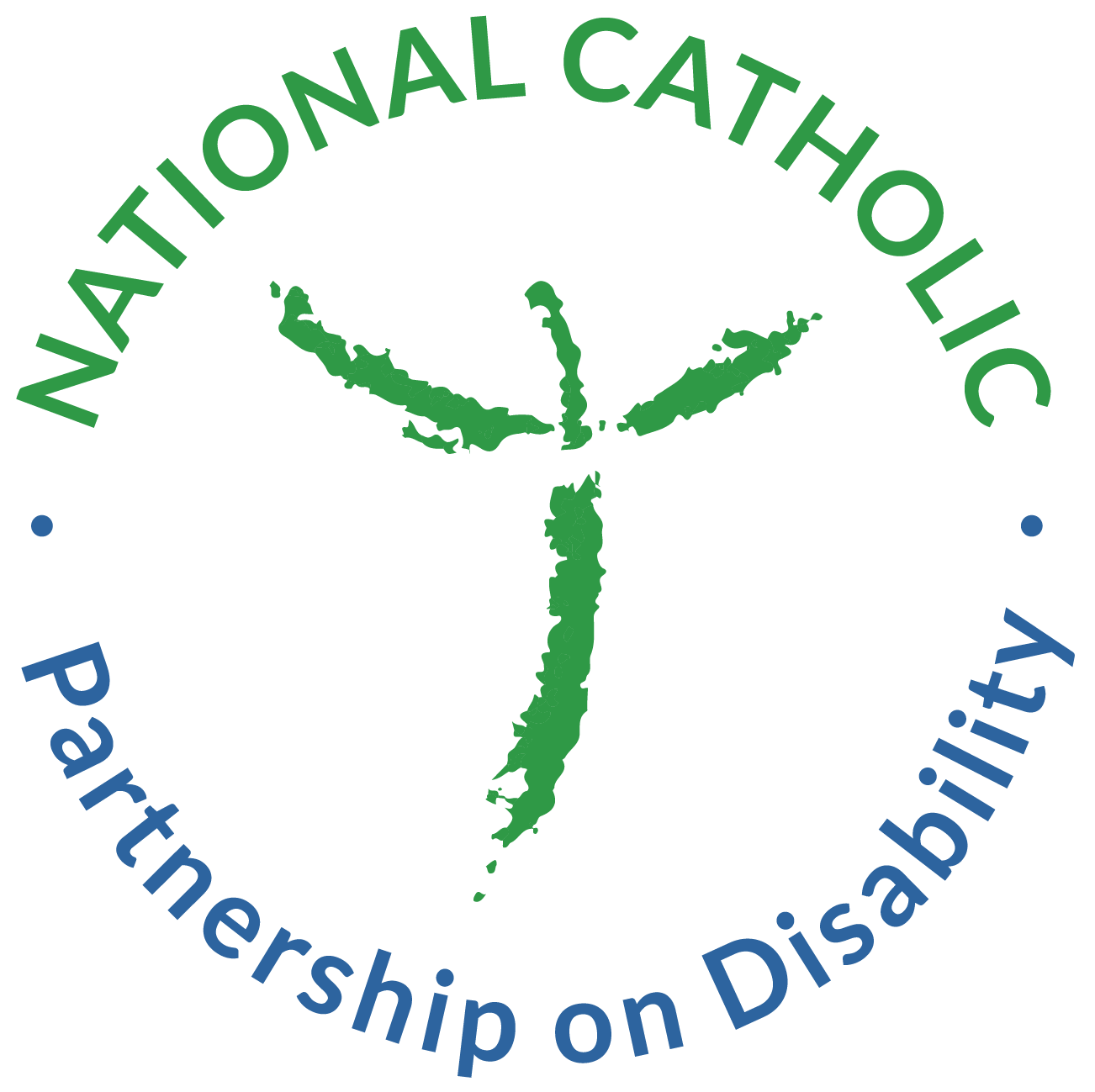
Testimony in Opposition to Maryland House of Delegates Bill (HB) 449 Presented to The Honorable Peter A. Hammen Chair, House Health and Government Operations Committee House Office Bldg., Room 241, 6 Bladen St., Annapolis, MD 21401 Submitted by Margaret Kolm on behalf of the National Catholic Partnership on Disability (NCPD) February 21, 2012
I appreciate this opportunity to testify to the State of Maryland Committee on Health and Government Operations. I am a resident of Montgomery County, Maryland, and also a consultant with the National Catholic Partnership on Disability (NCPD), on whose behalf I am testifying today. NCPD was established more than thirty years ago by the United States Catholic Bishops to work for the full inclusion of the 14 million U.S. Catholics with disabilities into the life of the Church and society. NCPD wishes to express our grave reservations with H.B. 449, as well as with the proposed amendment offered by the Department of Legislative Services, and urge that it not be voted out of Committee in its original or amended form. In addition to a written version of this testimony, I am submitting for the record a letter from Stephen Mikochik, Esq., Chair Emeritus of NCPD.
NCPD, along with my colleagues in the Church and the disability community, recognize the critical need for organ donations and both support and encourage such donations made voluntarily and with informed consent. We acknowledge the committee’s attempt to address this complex and sensitive issue. Nevertheless, NCPD strongly opposes H.B. 449 in its original form and the proposed amendment of the Department of Legislative Services because they do not meet ethical standards for organ donation, nor do they include sufficient safeguards to ensure that the best interest of the donor is protected.
We stand in opposition to H.B. 449 on the following grounds:
1. The use of individuals in a persistent vegetative state (PVS) as a ready supply of body parts solely for the benefit of others. As written, H.B. 449 permits the organs of an individual in a persistent vegetative state to be harvested solely for the benefit of thirdparty individuals without any benefit to the donor. In fact, the interests of the individual are compromised—in the original Bill, the donor who is already medically fragile, must face surgery, potential infection, and loss of an organ that could be needed in the case of future renal failure. In the case of the amended Bill, the impact to the donor is death. In either case, the best interest of the individual is negated.
I do not believe that the residents of our State wish to authorize that their fellow human beings be treated simply as a ready supply of non-vital or vital organs for the benefit of others, however benevolent the intent of the surrogate decision maker. Nor should physicians practicing medicine in the State of Maryland be forced to violate their ethical duty “to place patient’s welfare ... above obligations to other groups” and to hold “the best interest of the patient as paramount.”2. Evidence of actual intent. The Bill does not contain any mechanism to guarantee the actual intent or wishes of the donor with respect to organ donations. It allows the surrogate or health care agent to base their decision on the perceived “relevant religious and moral beliefs and personal values” of the donor. Yet this criterion does not guarantee that a person would wish to donate an organ irrespective of their moral beliefs or values. If it did, how do we account for the lack of organ donors among the general population who identify themselves as religious or moral citizens?
3. Singling out a class of people for adverse treatment. It must be noted that H.B. 449, by targeting PVS patients as potential organ donation candidates and exposing them to invasive surgery and organ removal (and in the case of the amended Bill, death) solely for the benefit of others, singles them out a class of persons, disabled under civil rights law, for example, the Americans with Disabilities Act and Section 504 of the Rehabilitation Act of 1973, for adverse treatment. Such treatment could possibly constitute illegal discrimination.
In addition to the above, we oppose the proposed amendment to H.B. 449 for the following reason:
4. Removal of life support. The amended version of H.B. 449 provides that the person authorized to make health care decisions for the patient must have “requested that the patient’s attending physician withhold or withdraw life sustaining procedures.” No language in the Bill imposes a requirement that the person making this election, either the surrogate or the health care agent, do so at a time prior to or independent of the organ donation decision. Furthermore, there are no safeguards established to ensure that the surrogate or health care provider’s decision to withhold or withdraw life sustaining procedures is made in a disinterested manner. Thus, the amended language of H.B. 449 takes the original intent (and impact on the PVS patient) of the Bill one step further, requiring that the donor’s life be terminated in order for his/her organs to be harvested.
For all of the above reasons, we urge the Committee to reject H.B. 449 in its original form or as amended.
Thank you for your consideration of our concerns.

